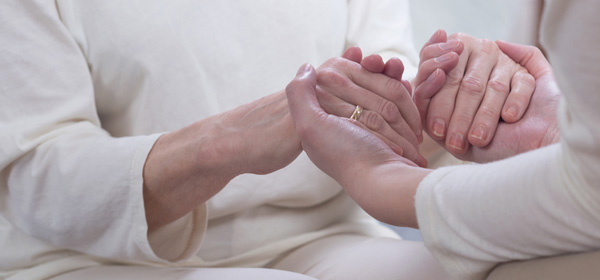News that veteran pop sweetheart Olivia Newton-John’s tumour has returned after more than 20 years has likely prompted other breast cancer survivors to worry that they, too, may emerge from remission.
On May 30, the Aussie singer’s Facebook page announced that her breast cancer had metastasised to the lower part of her back, known as the sacrum.
It is probable that tumour cells left behind after her last cancer treatment had migrated to other parts of the body and lay dormant until recently, according to Cancer Council Australia chief executive Professor Sanchia Aranda, who is also a research fellow at the Peter MacCallum Cancer Centre.
It is a terrible twist for the high-profile survivor who has tirelessly fundraised to find a cure for breast cancer and who just three years ago helped to launch the Olivia Newton-John Cancer Wellness and Research Centre at Melbourne’s Austin Hospital.
Some oncologists say up to 30 per cent of women previously treated for breast cancer can expect it to return, even after remaining clear of it for five years, the point at which remission is declared. But Prof. Aranda estimates that most recurrences happen within the first five years of a diagnosis and that after 10 years, just 1 in 10 women come out of remission.
“Breast cancer survival is a positive story,” she told YourLifeChoices. “Even if we get the cancer at stage two, the survival rate is 85 per cent. But cancer cells are tricky and sometimes break off and travel around the body.”
While acknowledging that in the singer’s case the disease was no longer curable because it had spread, Prof. Aranda said there was a chance the 68-year-old Newton-John could live for another decade or more. “Look at breast-cancer crusader Sally Crossing, for example; she lived another 10 years after the disease returned,” she said. The 70-year-old founder of Cancer Voices lost her battle six months ago with a breast cancer that metastasised to the liver.
For many women told that they are free of breast cancer after treatment, the anxiety does not lift completely. “Fear of cancer recurrence’ is a condition that we take seriously. The worry that it will come back is a real thing that we are trying to address,” Prof. Aranda said. “We feel that women can partly overcome the fear by keeping alert to signs and symptoms.
“Many conditions, such as tiredness or generalised pain, are common in ageing people regardless of whether they have cancer. So if someone is worried they should look for something that feels odd or that they haven’t experienced before.” She said signs to watch for include:
- is this a new pain
- is this a different sensation to what I usually feel
- can I pinpoint precisely where the pain is?
Cancer Council Australia operates a free, confidential telephone information and support service. Anyone can call the service on 13 11 20.

